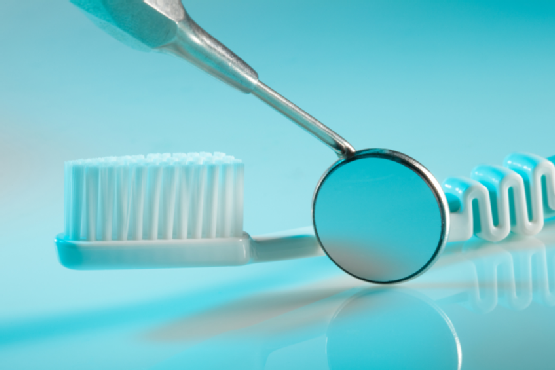Periodontitis, more commonly known as gum disease, affects more than 75% of American adults, but very few of them are aware of the disorder. Roughly 30% of people are genetically susceptible to gum disease, but there are many other factors that can put people at risk. Fortunately, some of these factors can be avoided with proper dental care and a healthy lifestyle.

Lack of Oral Hygiene and Care
Lack of oral hygiene encourages bacteria to build up and form plaque among the teeth, which can lead to disease. Consuming a lot of sugary and acidic food can also become a risk, as bacteria that cause periodontal disease thrive in acidic environments. Poorly contoured fillings and crowns can trap debris and plaque. The presence of wisdom teeth is also dangerous, as they are often breeding grounds for disease-causing bacteria.
Smoking and Nicotine
Even in the absence of periodontal disease, smoking can lead to bone loss and gum recession. Smoking and nicotine increase gum inflammation by reducing the amount of oxygen in gum tissue. It also causes an overproduction of cytokines, or immune factors. The excess amount of cytokines harms cells and tissue in the gums. Once nicotine combines with oral bacteria, even larger levels of cytokines are produced, leading to periodontal connective tissue breakdown. Smokers are 11 times more likely to harbor disease causing bacteria, and four times more likely to have advanced periodontal disease. The risk of periodontal disease increases with the number of cigarettes smoked per day.
Vitamin Deficiencies
People who consume less than the recommended daily intake of vitamin C are more likely to develop severe gingivitis. Vitamin C helps the body maintain and repair connective tissue. It also has antioxidant effects, which aid in fighting the tissue-destroying oxidants in periodontal disease. Consuming at least 180 mg of vitamin C a day can help protect against gum disease.
Genetics and Intimacy
Periodontal disease often happens among members of the same family. Children of parents who have periodontitis are 12 times more likely to get it themselves. Some people are genetically predisposed to gum disease because of an immune factor that is involved in the inflammatory response. These people are 20 times more likely to develop advanced periodontitis. Intimate partners of people with gum disease are also at risk because bacteria can be contagious after exposure over a long period of time.
If you suffer from periodontal disease or feel you are at risk, schedule an appointment with University Associates in Dentistry. We provide a number of important dental services to the Chicago community, including restorative and cosmetic dentistry, dental implants, and permanent denture replacement. Call us at (312) 704-5511 to make an appointment.



